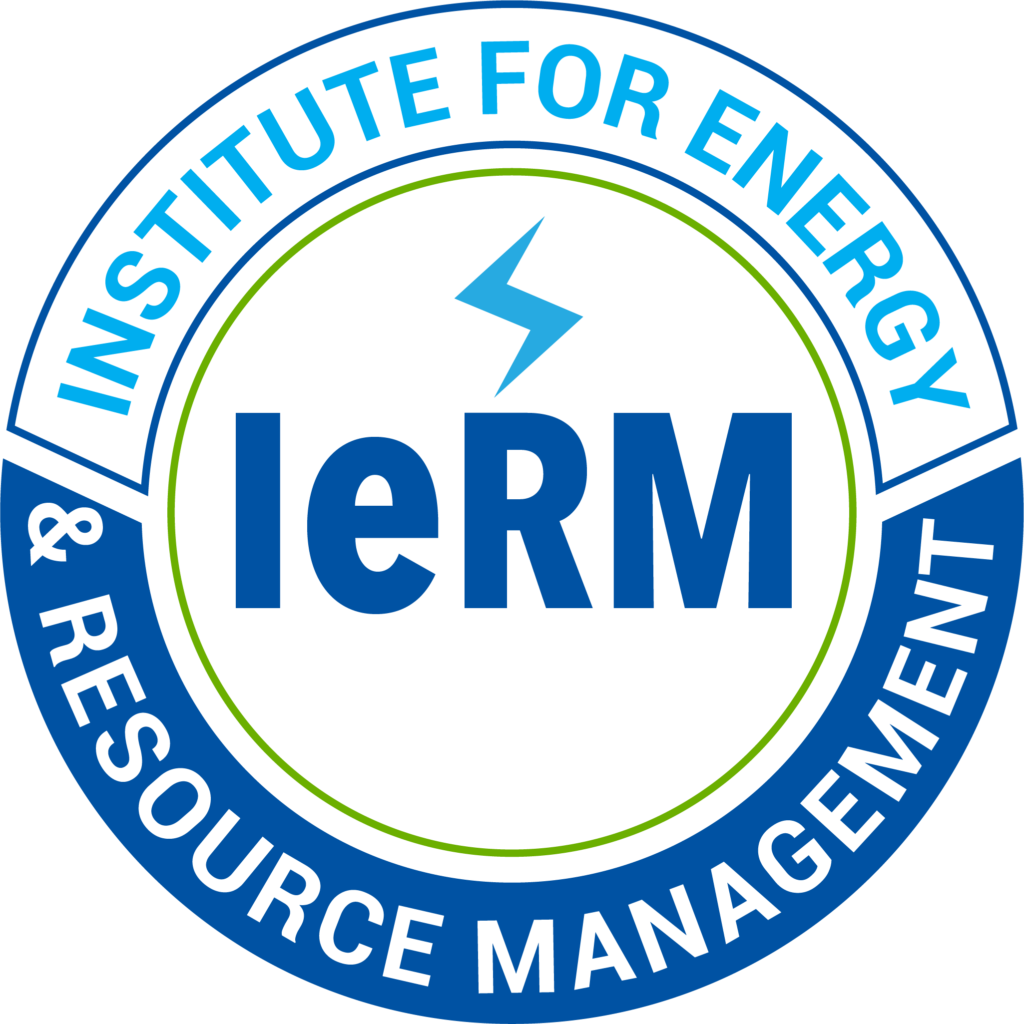WASHINGTON, May 4 (Reuters) – The rate of plastic waste recycling in the United States fell to between 5%-6% in 2021 as some countries stopped accepting U.S. waste exports and as plastic waste generation surged to new highs, according to a report released on Wednesday.
…
Advocates of sustainable energy and waste management have been critical of the King County Solid Waste Division’s apparent push to expand the landfill. In September 2021, the Institute for Energy and Resource Management issued a public statement calling the King County Solid Waste Division’s environmental impact statement a “boondoogle,” and accusing the county of “going through the motions but having the conclusion decided well before hand.”
President of the Institute for Energy and Resource Management, Philipp Schmidt-Pathmann, has been increasingly vocal in his criticism of the King County Solid Waste Division and what he believes has been a lack of investment in recycling infrastructure and systems improvements. He cited stagnate rates of recycling in the region over the years.
Schmidt-Pathmann also has expressed his disbelief in the county’s studies, which claim the possibility of high rates of methane recapture from the landfill. Schmidt-Pathmann believes that the county has overinflated the rates of methane that can be captured as a way of making a landfill look like a more viable and sustainable waste management method than he believes it truly is.
He expressed his skepticism regarding the county’s reported rates of methane capture in a letter to the director of the King County Solid Waste Division in November of 2021.
…
….
“For many years I’ve been working in the field of toxic waste, toxicology, cancer, infectious diseases, and it always leads into the business of sewage sludge and other forms of toxic waste,” he said.
Last week, Honour spoke of the dangers in human sludge, especially from patients treated with chemo, a drug designed to kill human cells, as well as hospital wastes, bacteria, viruses, dioxins, PCBs, asbestos, industrial waste, heavy metals and other hazards.
“For some reason, in Washington state, we live under the delusion that growing our food in extremely toxic waste is good news and is beneficial to the economy because farmers get a break from buying very expensive commercial fertilizers,” Honour said. “But the costs to us in our county and our state are extraordinary.”
….
Uncontrolled waste fires burn at much lower and inconsistent temperatures, which means combustion is incomplete. This releases substances from the waste and creates new ones as molecules are decomposed and reformed in the flames. Dioxins and related compounds are often formed when PVC is burned in open fires. At least 30 of these types of compound are considered harmful to human health. They can persist in the environment for years and in the human body for perhaps a decade or more. There is evidence they can damage the brain and disrupt hormones.
By hiding the real costs of landfills to the public, the true value of recycling is hidden, as well as the critical gains from avoiding environmental disasters associated with releases from waste containment. Bad decisions will follow from incorrect price signals to public decision makers when the cost of prevention cannot be compared to the future costs of managing environmental calamities.
A major cause of under-pricing landfills is the failure of landfill companies or the municipalities to account for the long-term liability of existing landfills, in contravention to the most basic rules for recognizing future costs that will be incurred by failing to act prophylactically today.
Clearly, inclusion of these liabilities on the books as required by standard accounting practice will lead to long-term costs for cities and landfill companies and will have an adverse effect on value and stock price. Current accounting of landfills must be modified to cover generational costs. This will finally give the public realistic measures of current costs vs. future risks, including future costs and future impacts on climate change.
….
Determining the real-world financial risks of the current system is absolutely necessary for the public and officials to make the choices that will govern the laws on post-closure management and liability for the next generations. It is impossible to evaluate future municipal financial health without these inclusions.




